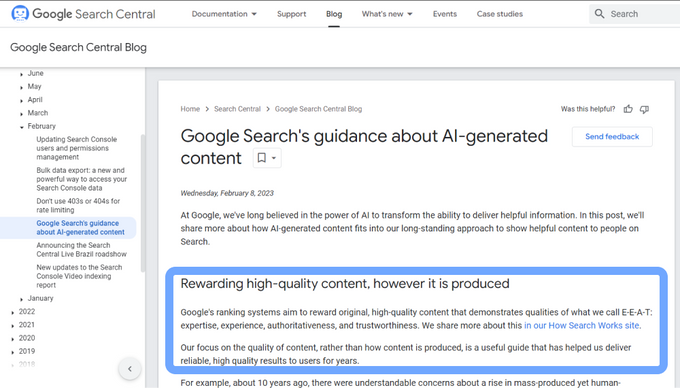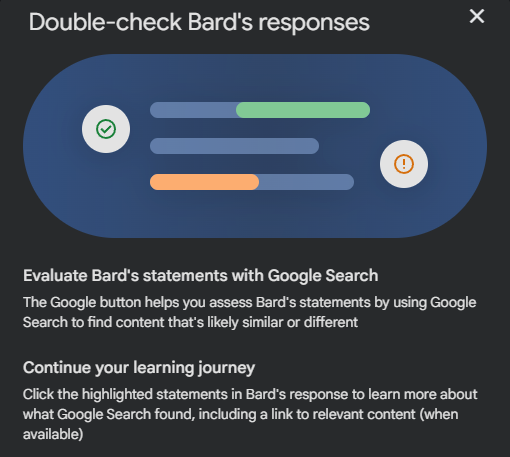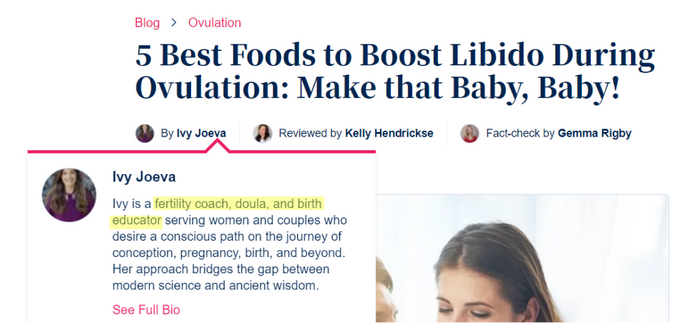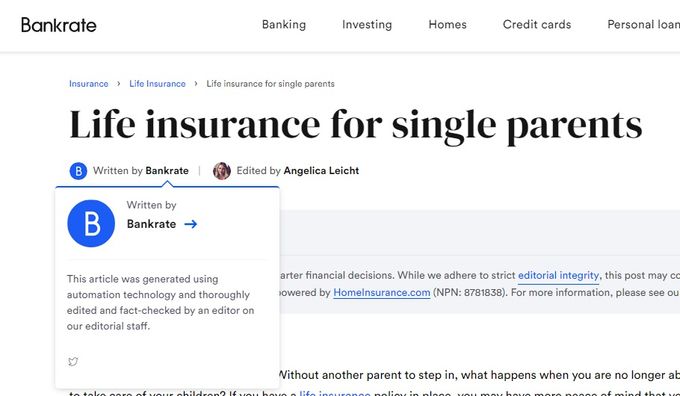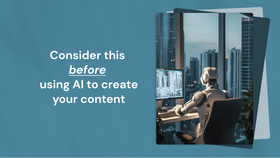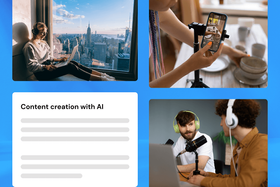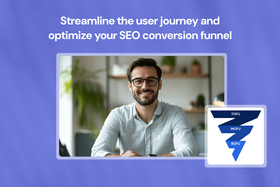AI-generated content for SEO: The good, the bad, and the ugly
Explore how AI-generated content affects SEO and discover effective strategies for integrating AI into your content creation process.
Updated June 13, 2025
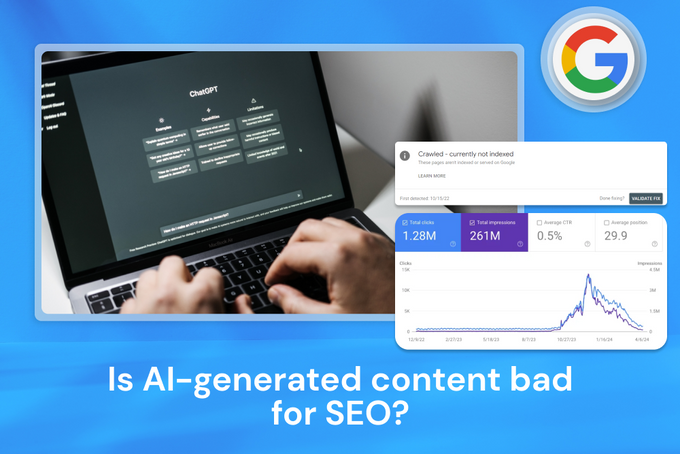
AI Summary
One-third of marketers use AI in their content creation process. As this number continues to grow, we're seeing a hyperinflation of AI-generated content—a lot of which lacks quality and originality. This type of content goes against Google's goal of delivering unique, high-quality search results.
Google has already embraced AI to a certain degree with Gemini, but what are the potential effects of AI-generated content on SEO? Does Google penalize websites that use AI to generate content?
Key takeaways
- 30% of marketers use AI for content creation.
- Google values high-quality content regardless of how it's created.
- To rank well, your content must answer user queries and provide value.
- Focus on creating the types of content AI can't to truly stand out.
Does AI-generated content affect SEO?
AI-generated content isn't necessarily bad for SEO. Google shared a statement emphasizing its commitment to rewarding high-quality content regardless of how it's created. Google's main concern is providing users with helpful, informative, and reliable content.
Google evaluates content based on its ability to effectively satisfy user queries, not the technology used to create it. This approach ensures that the focus remains on content quality and user experience.
That said, if you're using AI-generated content with no originality or value added to it, these pages will end up in the "Crawled – currently not indexed" status on Google Search Console, meaning that Google has chosen to exclude these pages from its index and prevent them from being discovered through organic search.
Challenges when using AI-generated content
Even though Google doesn't directly penalize content created by AI, it's important to be aware of several potential issues related to AI-generated content.
Aside from low-quality content, some key areas that could pose some challenges include:
- Inaccurate and unreliable information: AI responses can be incorrect, which can lead to factual errors, outdated information, or biased outputs.
- Uniqueness and plagiarism: AI-generated content lacks uniqueness, which could lead to potential issues like duplicate or thin content and even plagiarism.
- Transparency and trust: Using AI-generated content without clear disclosure can lead to mistrust and a loss of credibility.
- Attribution and copyright: AI models trained on existing content raise questions about copyright infringement and the proper attribution of sources.
Brands need to invest in high-quality content. It may be more expensive, but it's certainly worthwhile in the long run. Even if AI is involved in the creation process, your content must still offer a unique value proposition and be genuinely helpful to your audience.
READ MORE: AI for SEO: Should you change your content strategy?
How to make your content stand out
With more AI-generated content flooding the internet, content creators have to implement certain strategies to differentiate their content. Think about it like this: Your content isn't needed if users can get the same information from ChatGPT themselves.
The following strategies can help you create content AI can't and keep your audience engaged.
Provide unique value
Create expert content that showcases real expertise, creativity, and authentic insights that AI cannot replicate. This could involve thought leadership content, opinion pieces, original research, and storytelling that reflects your unique perspective and value proposition.
» Find experts to create authentic, high-quality content for your website.
Make Google's goals your goals
Google's first priority is providing helpful content to its users. Instead of trying to outsmart the algorithm, focus on creating content that effectively answers users' questions. High-quality, informative content that targets user intent is key to future-proofing your content marketing strategy.
» Learn about Google's AI Overviews and how to optimize for them.
Put video first
With 92% of internet users consuming video, adopting a video-first content strategy can help you cater to user preferences and improve rankings.
» Leverage video marketing software to create SEO-friendly video content at scale.
Be transparent when using AI
If you're creating content with AI, make sure to clearly label it as such. This helps build user trust and avoids potential accusations of plagiarism. For example, Bankrate does a great job of letting readers know when an article is AI-generated.
Remember that AI should be used as a tool, not a source. Human input, review, and editing remain crucial to ensure content quality, accuracy, and alignment with your brand voice.
» Compare Google Gemini vs. ChatGPT and find out which chatbot is better.
The key to effectively creating SEO content with AI
Using AI in your content creation process is about striking the right balance. Remember, Google values high-quality content above everything else. By blending AI's capabilities with a focus on delivering content that truly benefits your audience, you can ensure your content meets Google's standards and stands out in the digital landscape.
READ MORE: ChatGPT search vs. Google: What’s the difference?
